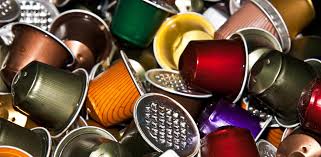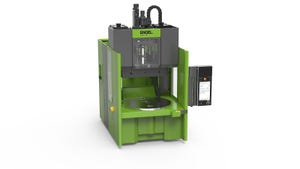Hamburg becomes first city to ban single-use coffee pods
Hamburg, Germany’s second largest city, is showing no love for coffee pods after banning them in all state-run buildings as part of an initiative to reduce environmental waste, making it the very first city in the world to do so. The city released a 150-page ‘Guide to Green Procurement’ that cites an all-out ban on disposable packaging in public buildings, which includes bottled water and beer, chlorine-based cleaning products, air freshener, plastic plates and cutlery.
February 22, 2016

|
Image courtesy Andrés Nieto Porras. |
“These portion packs cause unnecessary resource consumption and waste generation, and often contain polluting aluminum,” said Jan Dube, a spokesperson from the Hamburg Department of the Environment and Energy.
“The capsules can’t be recycled easily because they are often made of a mixture of plastic and aluminium. It’s six grams of coffee in three grams of packaging. We in Hamburg thought that these shouldn’t be bought with taxpayers’ money,” added Dube.
Even Keurig inventor John Sylvan seems to agree with the wastefulness of his product saying in an interview with The Atlantic he regretted inventing the machine and pods.
“I don’t have one," Sylvan said of the Keurig. "They're kind of expensive to use. Plus it's not like drip coffee is tough to make.”
Despite the backlash against coffee pods, the single-use coffee market is growing. Almost one in three American homes now has a pod-based coffee machine, while 13% of all Germans drink a coffee made from a single-cup brewer daily.
About the Author(s)
You May Also Like



